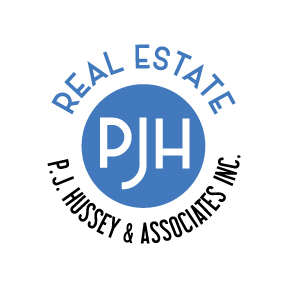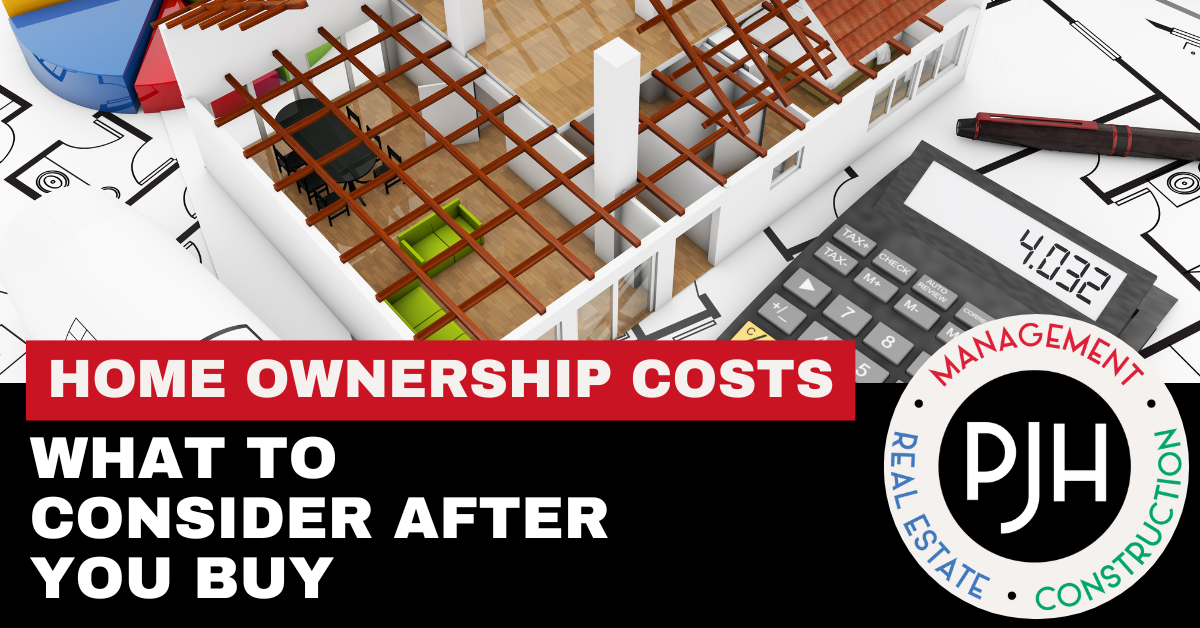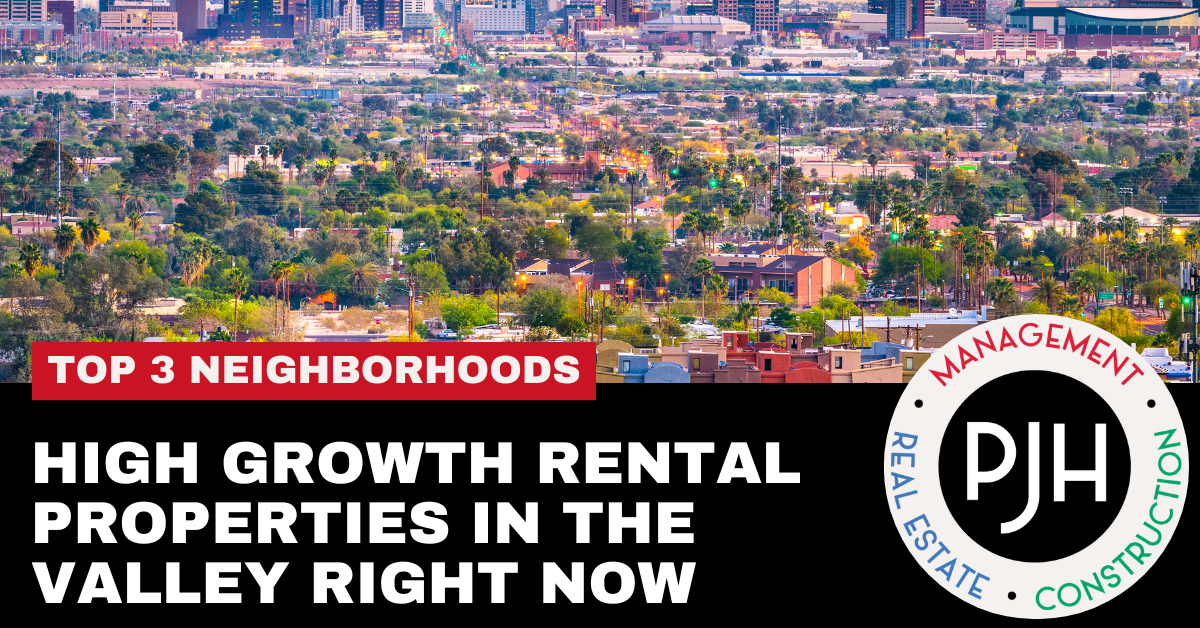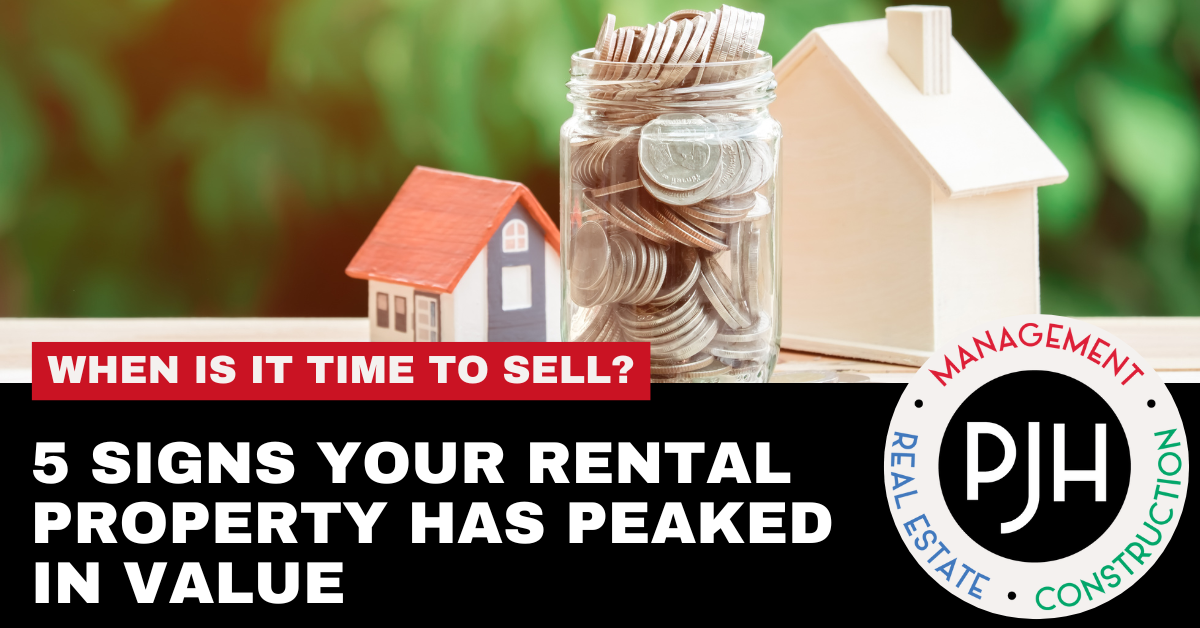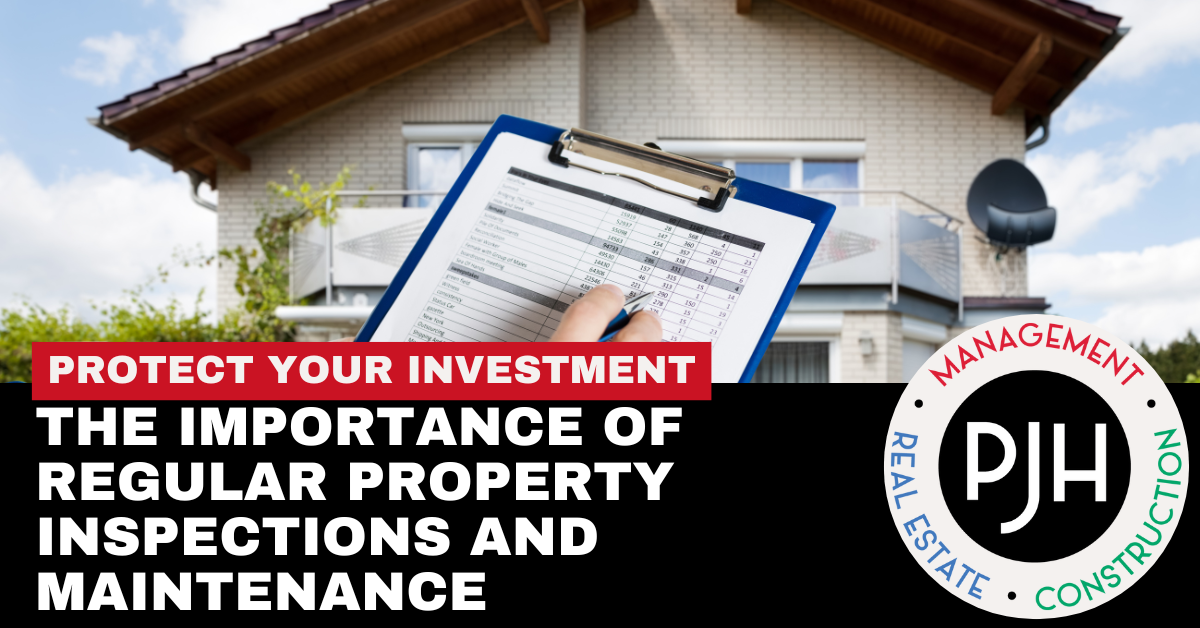Owning a home is a significant milestone and a great achievement. However, it’s essential to understand that the financial responsibilities don’t stop at the closing table. While your mortgage payment might be the most obvious cost, there are other expenses you should be prepared for to avoid surprises. Here’s a breakdown of the key costs to consider once you’ve bought your home.
Property Taxes
Property taxes can vary widely depending on where your home is located. It’s important to know how much you’ll need to pay annually and whether taxes are included in your monthly mortgage payment (escrowed) or if you need to budget for them separately. Remember, property taxes can increase over time, so keep an eye on local tax rates and reassess your budget periodically.
Homeowners Insurance
Homeowners insurance is a must to protect your investment. Beyond the basic coverage for the structure of your home, you may need additional coverage for things like natural disasters, personal belongings, or liability. The cost can vary based on your home’s location, size, and the level of coverage you choose. Be sure to shop around and review your policy regularly to ensure you’re adequately covered.
Maintenance and Repairs
Regular maintenance is key to preserving your home’s value. This includes routine tasks like lawn care, gutter cleaning, and HVAC servicing, as well as unexpected repairs like fixing a leaky roof or replacing an aging water heater. Experts recommend budgeting 1-3% of your home’s value annually for maintenance and repairs. A home warranty can help offset some unexpected repair costs, but it’s not a substitute for regular maintenance.
Utilities
Utility costs, including electricity, gas, water, and waste disposal, can vary based on the size of your home, your location, and the season. It’s wise to budget for higher costs in extreme weather months when heating or cooling demands peak. Don’t forget about other essential services like internet, cable, and phone, which can add to your monthly expenses.
HOA Fees
If you live in a community with a Homeowners Association (HOA), you’ll need to budget for monthly or annual HOA fees. These fees often cover the cost of maintaining common areas, amenities, and sometimes even certain utilities or services. However, they can vary greatly depending on the community and the amenities offered. Be sure to understand what is included and if there are any plans for increased fees or special assessments in the future.
Emergency Fund for Major Expenses
Homeownership comes with the risk of significant unexpected expenses, like a major plumbing issue or roof replacement. It’s crucial to have an emergency fund specifically for these kinds of situations. Financial experts recommend setting aside 3-6 months’ worth of living expenses, including your mortgage, utilities, and other fixed costs.
Routine Upgrades and Personalization
Over time, you may want to make upgrades to enhance your home’s comfort or value. Whether it’s updating a kitchen, adding a fresh coat of paint, or investing in new appliances, these improvements come with costs. Prioritize upgrades that offer a good return on investment and plan for them accordingly.
Pest Control and Landscaping
Depending on where you live, you may need regular pest control services to keep termites, rodents, or other pests at bay. Additionally, if your home has a yard, factor in the costs of landscaping, whether you choose to do it yourself or hire professionals.
Interest and Amortization Changes
While this might not be an immediate cost, if you have an adjustable-rate mortgage (ARM), your interest rate could change over time, affecting your monthly payment. Even with a fixed-rate mortgage, paying down your principal might alter your escrow payments for taxes and insurance. Stay informed about how these changes could impact your budget.
Appliance and System Replacements
Most major appliances (like refrigerators, ovens, and HVAC systems) and home systems (like plumbing and electrical) have a lifespan. It’s wise to plan for these eventual replacements. Regular maintenance can extend their life, but eventually, they’ll need to be replaced. Having a reserve fund for these larger expenses can keep you from financial stress when the time comes.
Seasonal and Weather-Related Costs
Depending on your location, you may incur seasonal costs, such as snow removal, storm preparedness, or hurricane-proofing. Budgeting for these seasonal expenses can help you manage unexpected weather-related costs effectively.
Miscellaneous Fees
Finally, there are always a few surprises in homeownership, such as local fees, recycling programs, or neighborhood improvement assessments. Keep a small buffer in your budget for these unexpected expenses.
- Learn more! Read some of our related articles or stop by our You Tube channel.
- Schedule a free 15 minute call with one of our Real Estate Professionals to ask questions, start the process to buy or sell, or get financial advice!

